Beautiful Plants For Your Interior
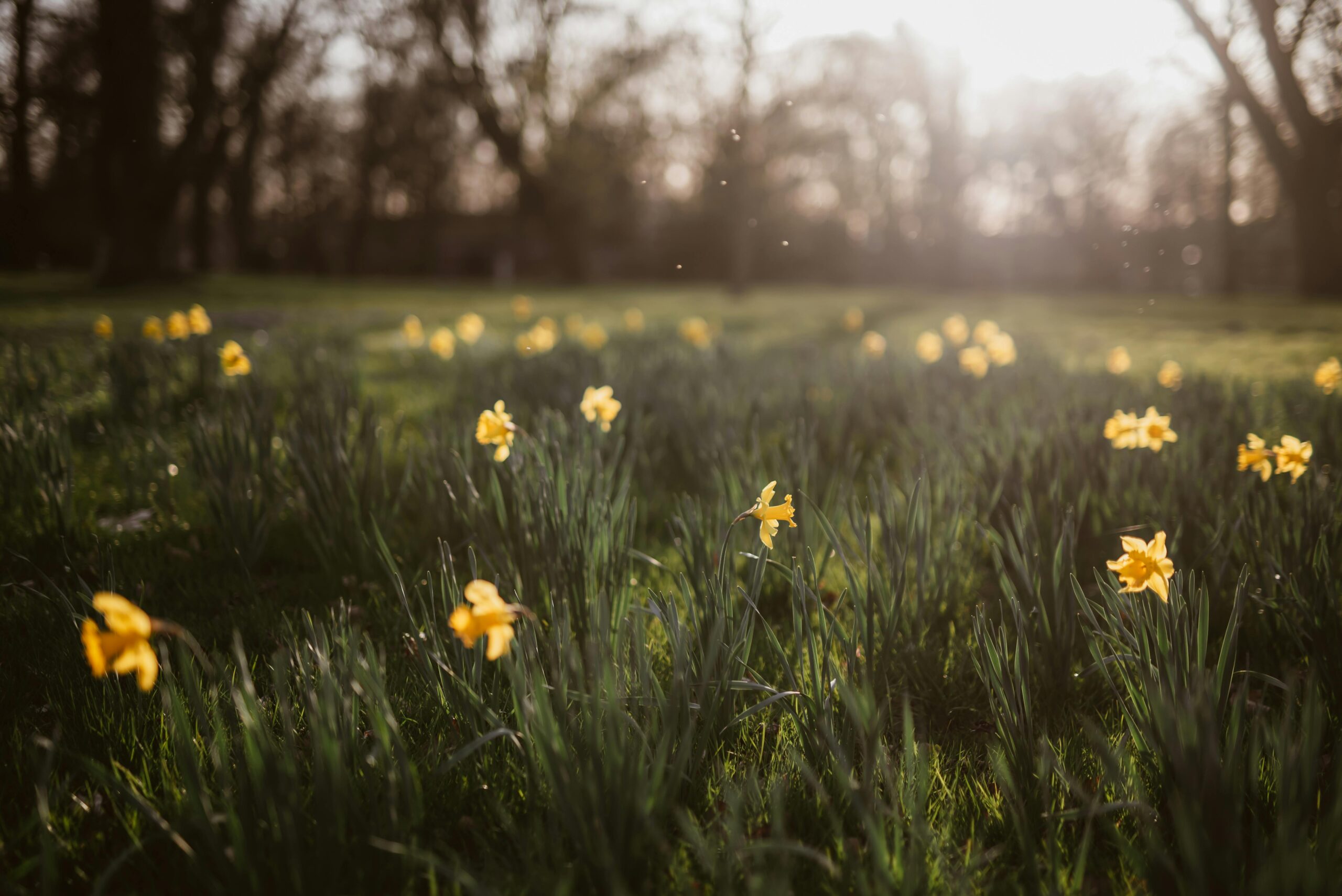
10 Essential Gardening Tips for a Beautiful Garden
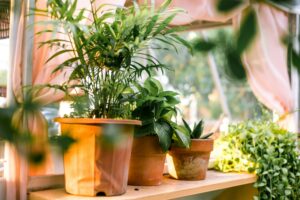
Creating a beautiful garden is one of the most fulfilling experiences for any nature lover. Whether you’re a beginner or a seasoned green thumb, there’s always something new to learn about cultivating a thriving garden. In this blog post, we’re diving into 10 essential gardening tips that can help you achieve the lush, vibrant garden you’ve always dreamed of. These gardening tips are perfect for anyone looking to grow a stunning space, no matter where you live in the USA.
1. Start with Healthy Soil

Healthy soil is the foundation of any beautiful garden. Before planting, test your soil to determine its pH level and nutrient content. You can purchase a simple soil test kit from your local garden center. By understanding what your soil needs, you can amend it with organic compost or fertilizers to create the perfect environment for your plants to thrive. Good soil is the key to a healthy garden, so don’t skip this step!
2. Water Wisely

Water is life for your plants, but too much or too little can spell disaster. One of the best gardening tips is to water early in the morning when temperatures are cooler. This reduces evaporation and gives plants the moisture they need to start the day strong. Remember to focus on the roots, not the leaves, to encourage deeper growth.
3. Choose Native Plants
When choosing plants for your garden, go native! Native plants are well-suited to your local climate and soil conditions, which means they’ll require less water and maintenance. Plus, they’re more likely to attract beneficial pollinators like bees and butterflies. Choosing the right plants for your zone is a game changer for gardening success.
4. Practice Companion Planting
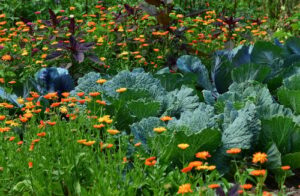
Companion planting is one of those gardening tips that helps you make the most of your space while naturally deterring pests. For instance, planting marigolds next to tomatoes can help ward off insects, while basil improves the flavor of tomatoes when grown nearby. Learning which plants work well together can lead to healthier growth and fewer problems.
5. Mulch for Moisture and Weed Control
Mulching is a simple and effective way to keep moisture in your soil while preventing weeds from taking over. Organic mulches, like wood chips or straw, also decompose over time, adding valuable nutrients to the soil. Spread mulch around your plants to maintain moisture and save yourself from constantly pulling weeds.
6. Fertilize Regularly (But Not Too Much!)
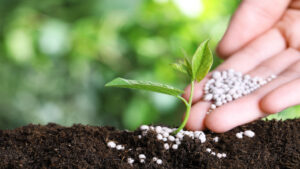
While it might be tempting to give your plants lots of nutrients, over-fertilizing can do more harm than good. Stick to a regular feeding schedule with organic fertilizers to give your plants the nutrients they need to thrive. Be mindful of not overdoing it—too much fertilizer can cause weak, leggy plants. A little goes a long way when it comes to gardening tips.
7. Prune for Healthy Growth

Pruning helps plants grow strong and produce more flowers or fruits. Remove dead or diseased branches regularly to prevent the spread of disease, and trim back overgrown plants to encourage more sunlight and air circulation. Pruning at the right time of year is critical for some plants, so research your specific species to maximize growth.
8. Compost for Nutrient-Rich Soil
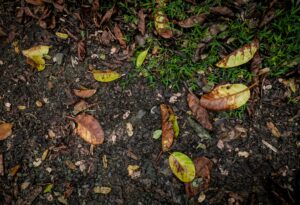
Composting is one of the easiest ways to improve the quality of your soil. By adding kitchen scraps like vegetable peels, coffee grounds, and eggshells to a compost bin, you can create nutrient-rich compost to feed your garden. Gardening tips like composting can save you money and help your plants flourish naturally.
9. Attract Beneficial Insects
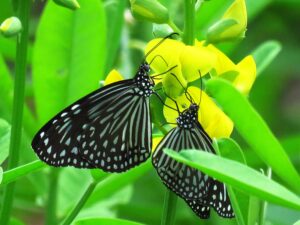
Not all insects are bad for your garden. In fact, many insects, like ladybugs and bees, play an essential role in pollinating your plants and controlling harmful pests. Planting a variety of flowers, such as lavender and sunflowers, can attract these helpful creatures to your garden, keeping it healthy without the need for harmful chemicals.
10. Be Patient and Enjoy the Process
Last but not least, gardening takes time. Don’t expect instant results—plants need time to grow and establish themselves. One of the most important gardening tips is to enjoy the process. Spend time in your garden, observe the changes, and learn from any mistakes. Gardening is a rewarding journey that will bring you peace and satisfaction.
Conclusion
Incorporating these gardening tips into your routine can transform your garden into a stunning, healthy, and thriving space. Whether you’re growing vegetables, flowers, or herbs, starting with good soil, watering properly, and using natural methods like companion planting can make all the difference. Gardening requires patience and care, but the results are worth it. With these essential gardening tips, you’ll be on your way to creating the beautiful garden you’ve always dreamed of.
If you are interested in reading more blogs so visit our Blog.
(FAQs)

1. How do I start a garden if I’ve never gardened before?
Start small and plan well. Begin by testing your soil, choosing plants suited for your zone, and planting in an area with the right sunlight. Our gardening tips cover all these basics to help you get started.
2. When is the best time to water my garden?
Water early in the morning to minimize evaporation and allow your plants to absorb the water before the heat of the day. Watering wisely, as mentioned in our gardening tips, helps your plants grow stronger.
3. How often should I fertilize my plants?
This depends on your plant’s needs and soil conditions, but a general rule is to fertilize once every few weeks during the growing season. Testing your soil can help you understand what nutrients are needed, as noted in our gardening tips.
4. What are the easiest plants to grow for beginners?
Plants like tomatoes, lettuce, basil, and marigolds are great for beginners because they’re easy to grow and maintain. Our gardening tips suggest choosing native plants for the best results.
5. Why is mulching important for gardening?
Mulching helps keep the soil moist, suppresses weeds, and adds nutrients to the soil as it breaks down. As mentioned in our gardening tips, mulch is a simple but effective way to improve plant health.
6. How can I attract pollinators to my garden?
Plant flowers that are rich in nectar, like lavender, sunflowers, and zinnias. These plants attract pollinators like bees and butterflies, which help your garden thrive. Gardening tips like this one can naturally boost your garden’s success.
7. Can I prevent pests without using chemicals?
Yes! Companion planting, attracting beneficial insects, and using natural repellents like neem oil are all great methods to keep pests at bay. Follow our gardening tips for a chemical-free approach to pest control.
8. How long does it take to see results in my garden?
Gardens take time to mature. You may start seeing blooms or crops within a few weeks, but some plants take months or even years to fully establish. Patience is key, as emphasized in our gardening tips.
